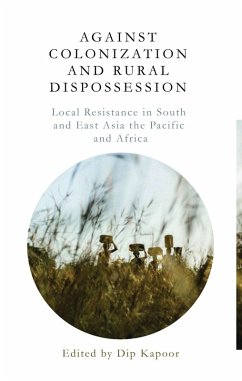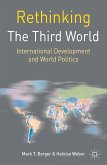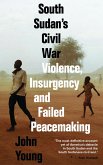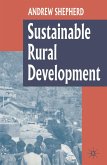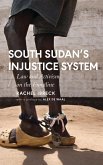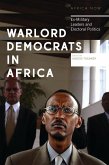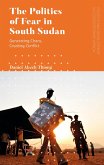Under the guise of 'development', a globalizing capitalism has continued to cause poverty through dispossession and the exploitation of labour across the Global South. This process has been met with varied forms of rural resistance by local movements of displaced farm workers, small and landless (women) peasants, and indigenous peoples in South and East Asia, the Pacific and Africa, who are resisting the forced appropriation of their land, the exploitation of labour and the destruction of their ecosystems and ways of life.
In this provocative new collection, engaged scholars and activists combine grounded case studies with both Marxist and anti-colonial analyses, suggesting that the developmental project is a continuation of the colonial project. The authors then demonstrate the ways in which these local struggles have attempted to resist colonization and dispossession in the rural belt, thereby contributing essential movement-relevant knowledge on these experiences in the Global South.
A vital addition to the fields of critical development studies, political-sociology, agrarian studies and the anthropology of resistance, this book addresses academics and analysts who have either minimized or overlooked local resistances to colonial capital, especially in the Asia-Pacific and Africa regions.
In this provocative new collection, engaged scholars and activists combine grounded case studies with both Marxist and anti-colonial analyses, suggesting that the developmental project is a continuation of the colonial project. The authors then demonstrate the ways in which these local struggles have attempted to resist colonization and dispossession in the rural belt, thereby contributing essential movement-relevant knowledge on these experiences in the Global South.
A vital addition to the fields of critical development studies, political-sociology, agrarian studies and the anthropology of resistance, this book addresses academics and analysts who have either minimized or overlooked local resistances to colonial capital, especially in the Asia-Pacific and Africa regions.

